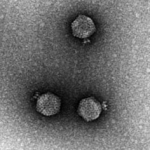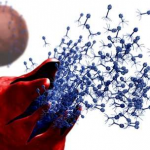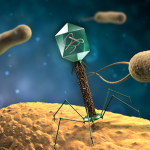Promising work just published in the journal Nature Medicine offers hope when antibiotic resistance, in an extremely sick patient, renders limited treatments.
phage therapy
Since bacteria, such as those that cause gonorrhea or gastrointestinal infections, are becoming increasingly resistant to antibiotics, scientists are searching for outside-the-box ideas to tackle the problem. They may have found in one in bacteriophage: viruses that exclusively infect and kill bacteria.
A recent report in Nature Communications highlights a new way to contain an outbreak of cholera – by using viruses that infect the bacteria, or phages. This new therapy could act as an important stop-gap measure in certain communities where cholera poses a significant health problem.
With antibiotic resistance a growing threat, scientists are on the hunt for new ways to treat bacterial infections. One of these, called phage therapy, uses a special kind of virus that only infects and kills bacteria.
With the recent discovery of polymyxin-resistant infection here in the U.S., there's a renewed pledge among drug developers and the government to incentivize research for developing new antibiotics, previously a seemingly abandoned effort.
It is an understatement to say that antibiotic resistance is a major problem facing our healthcare system. Every year 2 million Americans are infected with resistant bacteria, and at least 23,000 people die each year from these infections. Each year MRSA kills about as many people as HIV. Compounding this problem is the fact that companies (factory farms?) are actively contributing to this problem (



